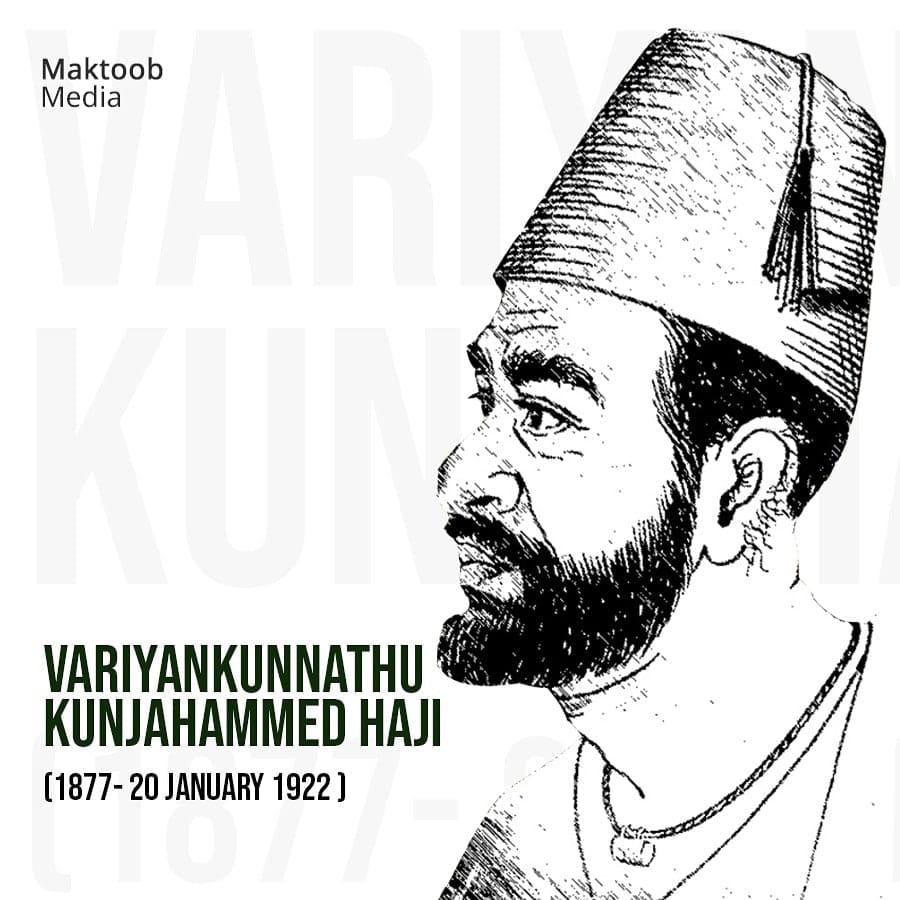
At least 387 leaders of 1921 Malabar Rebellion including Variamkunnath Kunhamed Haji and Ali Musaliar who were considered among the most powerful enemies of the British colonization, will be removed from the Dictionary of Martyrs of India’s Freedom Struggle, reported The Hindu.
The deletion comes at a time, the saffron party government nominated panel ‘found’ that the 1921 rebellion was never part of the independence struggle but a fundamentalist movement focused on religious conversion. None of the slogans raised during rebellion were in favour of nationalism and anti-British in content, the panel noted.
The ‘Dictionary of Martyrs of India’s Freedom Struggle’ was jointly published by the Ministry of Culture, Government of India and Indian Council of Historical Research (ICHR).
The panel also noted that the rebellion was an attempt to establish a Caliphate, according to The Hindu. Had it succeeded, a Caliphate would have been established in the region too and India would have ended up losing that part from its territory, says the three-member panel, which reviewed the entries in the fifth volume of the dictionary, brought out by the Indian Council for Historical Research (ICHR).
The committee is reported to have observed that Variyamkunnath was not a freedom fighter, but a ‘rioter’ who established a ‘Sharia court’.
Last week, on 19 August, RSS leader Ram Madhav had stated that the Malabar movement was one of the first manifestations of the Taliban mindset in India.
Variyamkunnath Kunjahammed Haji; 99 years of martyrdom
Kunjahammed Haji was born in a Muslim family with a glorious history of anti-colonial struggles, in 1877 in valluvangad in Kerala’s Malappuram.
In the 1920s Kunjahammed Haji raised 75000 natives, seized control of large territory from the British rule, and set up a parallel government, in open defiance of British rulers, for more than six months in most parts of the then Eranadu and Valluvanadu talks. along with his long term mentor, friend Ali Musliyar.
In his early ages, Variyamkunnath had used the performance art against British rule. He conducted speeches accompanied by songs against British and landlords. His speeches filled with Badr padappattu, Malappuram padappattu, Cheroorpadappattu; the songs which were banned by British, reminded the community the revolutionary tradition of Mappilas and aroused their anger against British rule.
Haji was sentenced to death by Martial law Commander Colonel Humphrey. He was shot dead on 20 January 1922. British officials burned his dead body along with all government records and documents relating to his five months’ long parallel government
Asked about his last wish, Haji said: “I heard that you people shoot prisoners from behind after blindfolding them. I want you to shoot me from the front without blindfolding me. I want to die seeing the soil of this land.”



